SAP SCM Training
Now, this blog focuses on SAP SCM Training and how it benefits learners. In addition, technology’s advantages for you as learners will also be explored alongside many other topics.
Introduction
Customer life cycle management systems hosted in the cloud allow businesses to effectively oversee all stages of customer life cycles from beginning to end by offering an all-encompassing set of integrated functionalities ranging from invoicing, payments and refunds management as well as end-to-end process flows, analytics and the creation of automated documentation.
Furthermore, they take an industry-agnostic approach so it may interact with systems like CRM (customer relationship management), banking institutions and product databases for enhanced management capabilities.
About the technology
This innovative solution was created to assist businesses in streamlining their supply chains, improving operational procedures, and increasing profits.
Researching consumer demand and preference data as well as customer service levels is an effective way to increase forecast accuracy.
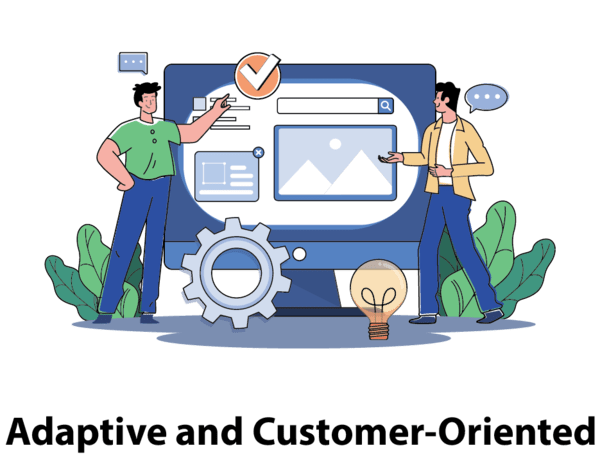
SAP SCM was developed with one goal in mind: giving businesses tools they need to become more adaptive and customer-oriented.
This can be accomplished via integrated supply chain procedures, automated order processing and inventory management, additionally by offering one platform for all supply chain-related operations it may help lower operating costs and transaction processing times significantly.
Benefits of SAP SCM
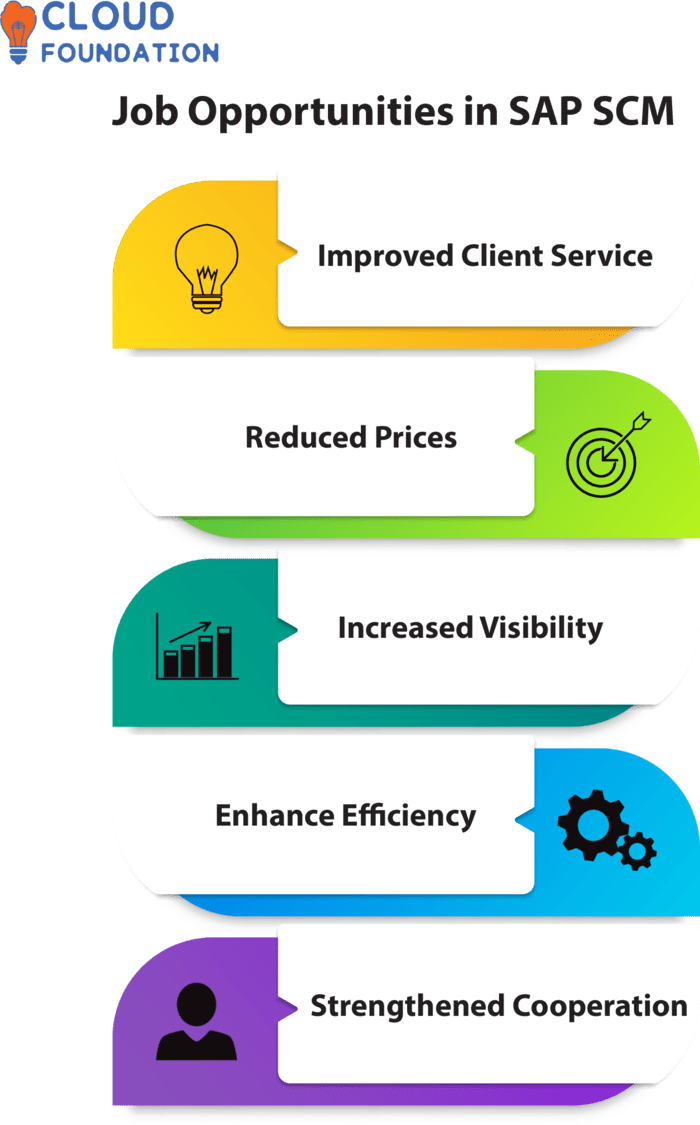
Improved Client Service: SAP SCM offers many advantages that improve client services, from speedier deliveries and increasing access to customer feedback systems, to keeping track of orders and deliveries , creating an incredible client experience that fosters repeat business and drives loyalty among existing and new clients.
Reduced Prices: Productions can cut expenses with SAP SCM by optimizing each stage of the supply chain , including labor expenses, inventory levels and delivery times , which helps bring costs associated with managing these chains down significantly.
Increased Visibility: Businesses may make better judgments regarding their supply networks and remain ahead of competitors by regularly monitoring the supply chain.
Companies may identify problems early and make necessary modifications accordingly for greater visibility of supply chain issues.
Enhance Efficiency: Trades can maximize the efficacy of their resources when they understand their supply chains better, by eliminating wasteful processes and streamlining procedures to speed deliveries faster and increase client satisfaction.
Strengthened Cooperation: SAP SCM’s unique advantage lies in its capacity to help organizations foster closer ties between partners and suppliers, thus improving collaboration across their supply chains.
Business can work on planning with suppliers more closely while improving communications through greater understanding of supply chains resulting in faster reaction times and easier problem resolution, ultimately improving customer service levels.

SAP SCM Training

Prerequisites to Learn SAP SCM
Due to global economic recovery, supply chains require skilled individuals with experience using SAP SCM for supply management operations.
Learning this specific tool has now become essential for anyone starting or growing within this sector.
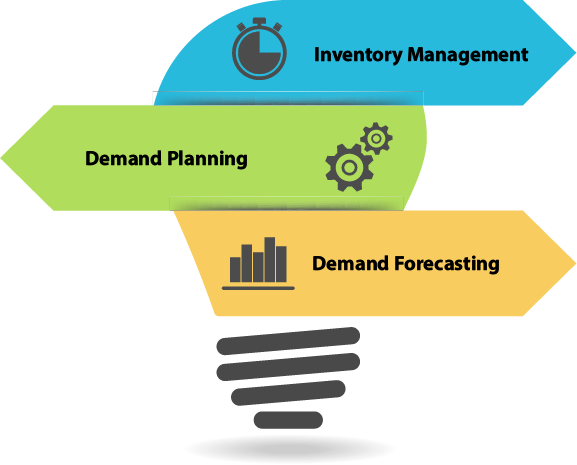
Primarily, learners should become conversant in Supply Chain Management (SCM). Understanding SAP SCM applications relies on being familiar with SCM concepts like Inventory Management, Demand Planning and Demand Forecasting – in turn this makes understanding its complexities simpler.
Furthermore, having knowledge about logistics and transportation concepts will further aid your understanding.
Second is having knowledge of SAP R/3 modules. SAP R/3 serves as the core ERP system that underlies multiple integrated supply chain processes, such as Sales & Distribution (SD), Materials Management (MM), Production Planning (PP), Quality Management (QM), Financials (FI), and Human Resources (HR), making these R/3 modules essential in understanding SAP SCM.
Knowledge of SCM tools serves as the third prerequisite. ERP, Advanced Planning and Optimisation (APO), and Business Warehouse (BW) are among the tools utilized by SAP SCM, understanding these elements and how they interact to form an efficient supply chain solution is paramount to learning SAP SCM quickly and smoothly.
Understanding Demand Driven Resource Planning (DDRP) and Vendor Managed Inventory (VMI) technologies will speed your progress further in learning this complex system.
Lastly, an understanding of data environments is vital. SAP SCM utilizes multiple environments – SAP R/3, APO and BW – in which to transfer and store its data, so gaining a basic knowledge of each is essential to understanding which elements use what information when and how.
How to Learn SAP SCM?
First step to learning SAP SCM is key for effective SCM success – beginning by familiarizing oneself with its fundamental.
Supply chain management principles and benefits as well as ERP/SCM differentiations should all be learned before diving deeper. After mastering these fundamentals it’s time to grasp its software itself!
CloudFoundation has online training and self-paced training like tutorials and videos may also provide the knowledge needed for understanding SAP SCM.
When making this choice, make sure that the materials covers the most topics.
Modes of Learning SAP SCM
Organizations need new skills and technology in order to stay ahead in today’s highly-competitive business landscape, in order to remain viable.
In order for businesses and individuals to develop proficient in managing all areas of operations within all functional areas, taking SAP SCM training (Supply Chain Management) courses offers students tools needed to address manufacturing and supply chain issues effectively.

Online Training– The primary advantages to taking online courses is accessing course materials like tutorials and study aids on any device at any time, taking courses anytime as well as accessing course-material tutorials anytime they wish – among many other benefits!
CloudFoundation provides online learning with various options like enrolling in the SAP SCM certification program or attending online classes on specific subjects of interest to them.
Online SAP SCM courses tend to be organized based on their complexity. Beginner and intermediate levels courses are commonly offered, more advanced learners may enroll in master SAP SCM programs as well.
Self-paced learning- Learn SAP SCM at your own pace – Access study resources such as videos and websites whenever it suits your schedule to gain knowledge on subjects essential for their studies.
Self-learning can be an excellent way to expand your subject-matter knowledge and proficiency. If time constraints prevent enrollment in formal programs, self-studying offers another viable approach to expanding knowledge.

SAP SCM Online Training

Benefits of Online Training
Online education is revolutionizing how people learn, acquiring new credentials or abilities at an unprecedented speed.
As technology evolves, more individuals utilize online programs for furthering their educational and career goals – no surprise then that eLearning training has so much momentum behind it!
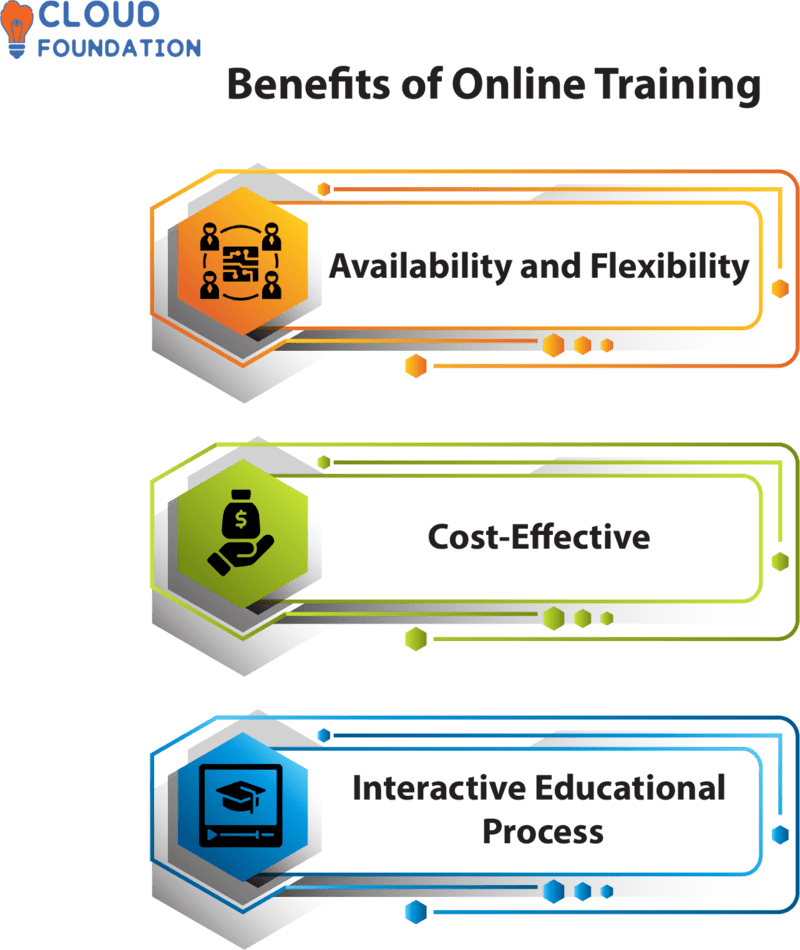
Availability and Flexibility: Students gain access to their course materials at any time and place convenient to them, freeing them from being subjected to rigid timetables of colleges or other educational institutions.
Cost-Effective: Online training programs often cost less than their in-person equivalents, as students don’t pay extra for textbooks, course – saving both time and money on travel costs.
Interactive Educational Process: Online education opportunities may offer more engaging experiences than traditional classroom settings.
Video presentations, simulations and discussion boards all make learning more entertaining and memorable – making the educational process both effective and exciting!
Furthermore, students tend to stay attentive throughout their experience thus improving retention rates of what has been learned.
Job Opportunities in SAP SCM
As businesses strive to remain competitive on the global stage, demand for SAP specialists has seen an upsurge.
Due to SAP SCM’s widespread usage, job opportunities for those possessing relevant expertise have become abundant in this sector.
Many job categories in this industry require technical skills like programming or data analysis as well as knowledge of different Sap SCM Module Training.
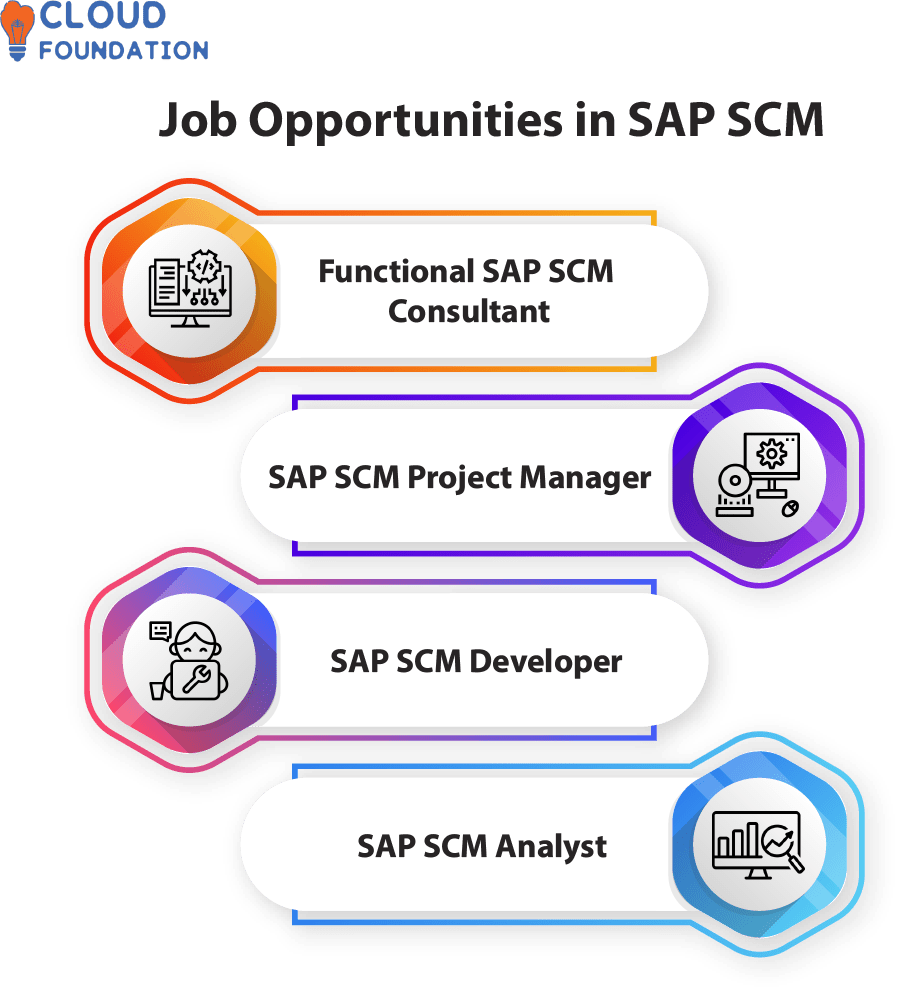
Functional SAP SCM Consultant: When available consultants are required for business purposes, their duties typically include administering and configuring SAP software according to business needs.
In addition, these professionals should possess strong consultation, problem-solving, communication skills as well as managing change processes effectively while effectively resolving conflicts that arise within an organisation.
SAP SCM Project Manager: Project management requires multitasking ability and flawless coordination, along with exceptional multi-tasking skills.
Responsibilities of this position include monitoring project development, planning tasks and allocating resources appropriately – and making sure projects finish on schedule and under budget.
SAP SCM Developer: In order to meet customer and functional requirements, developers are expected to design, code, test and document solutions. Applicants for these job role should possess previous skill with databases, operating systems and programming languages.
SAP SCM Analyst: An analyst must know all aspects of software functionality to effectively serve users, as well as be knowledgeable of potential opportunities to enhance system improvement based on client needs.
Duties typically include analysis, review and opportunity identification to enhance client services.

SAP SCM Course Price


Ankita
Author